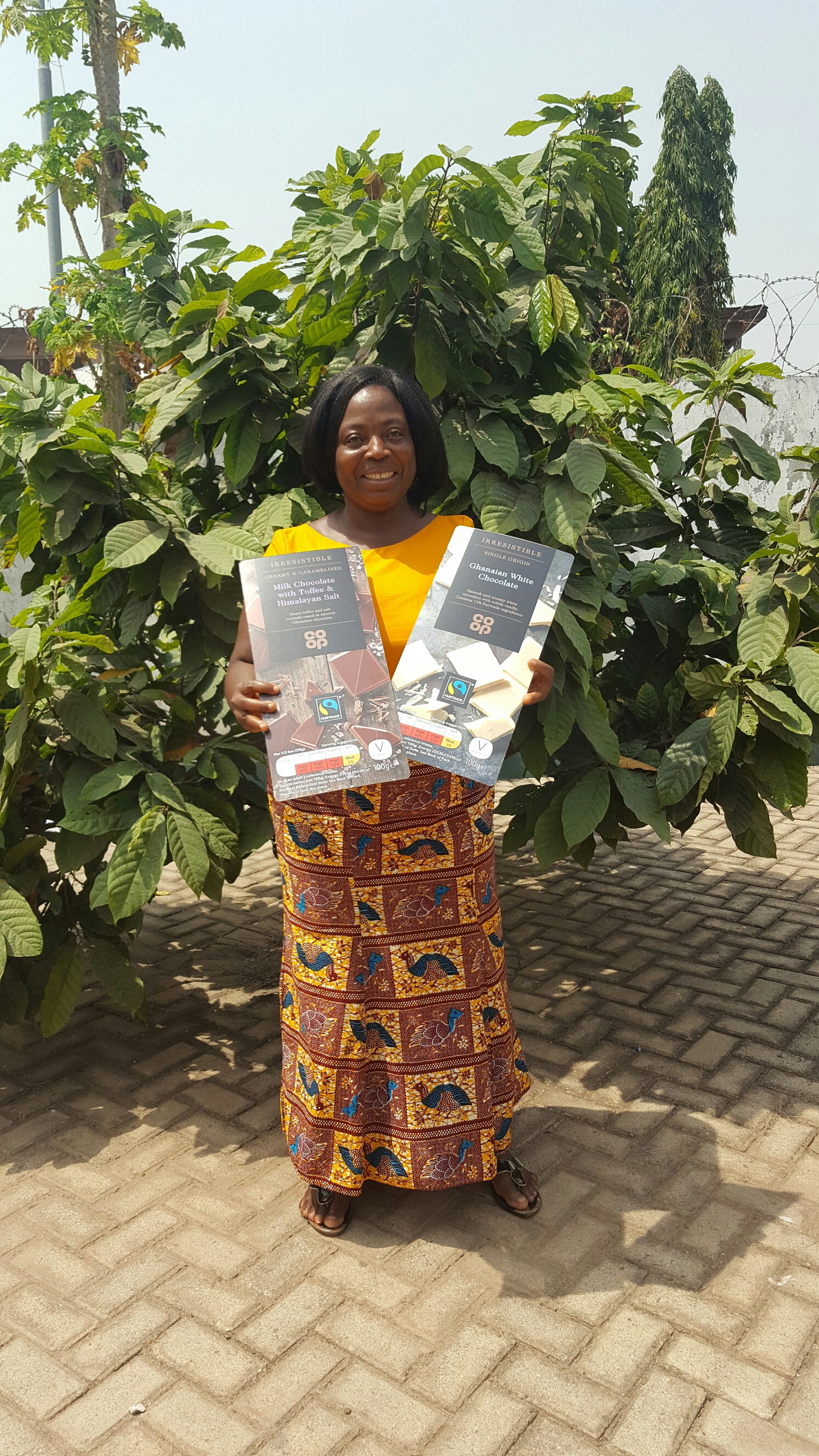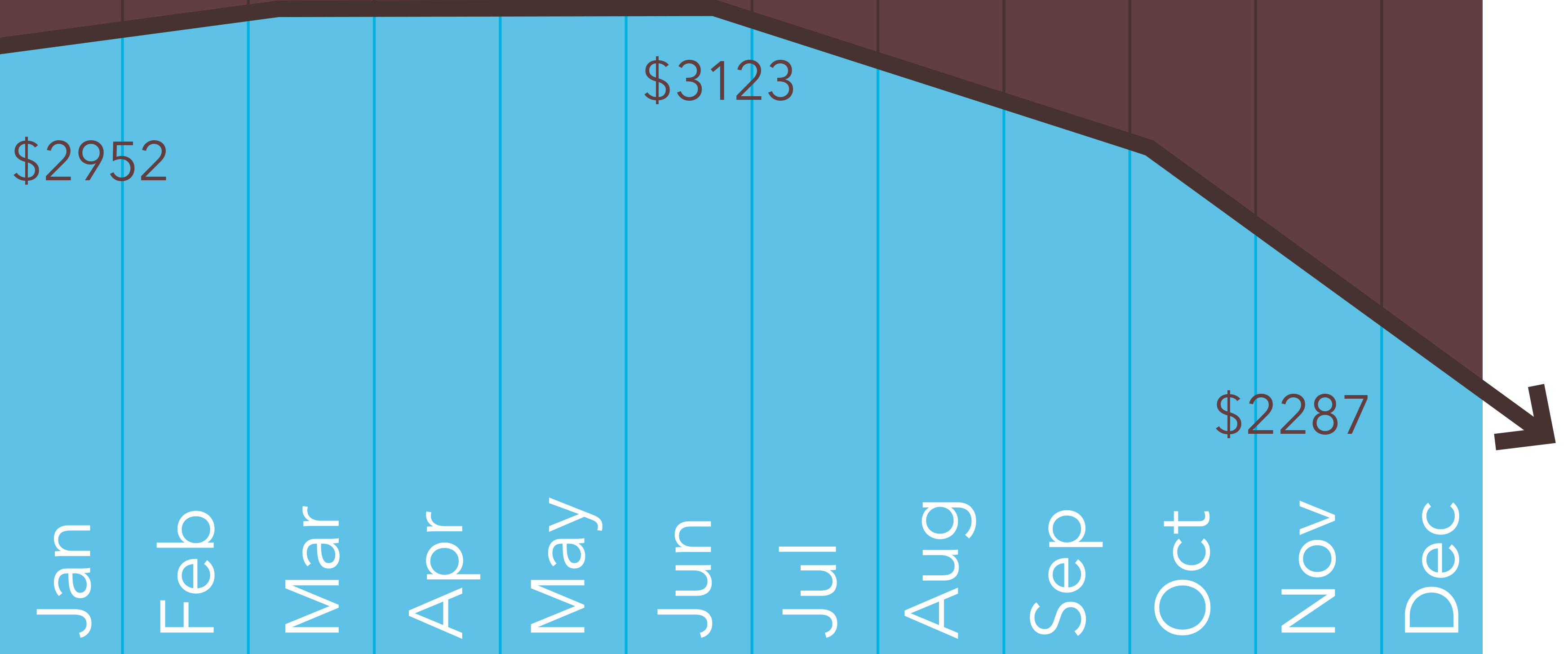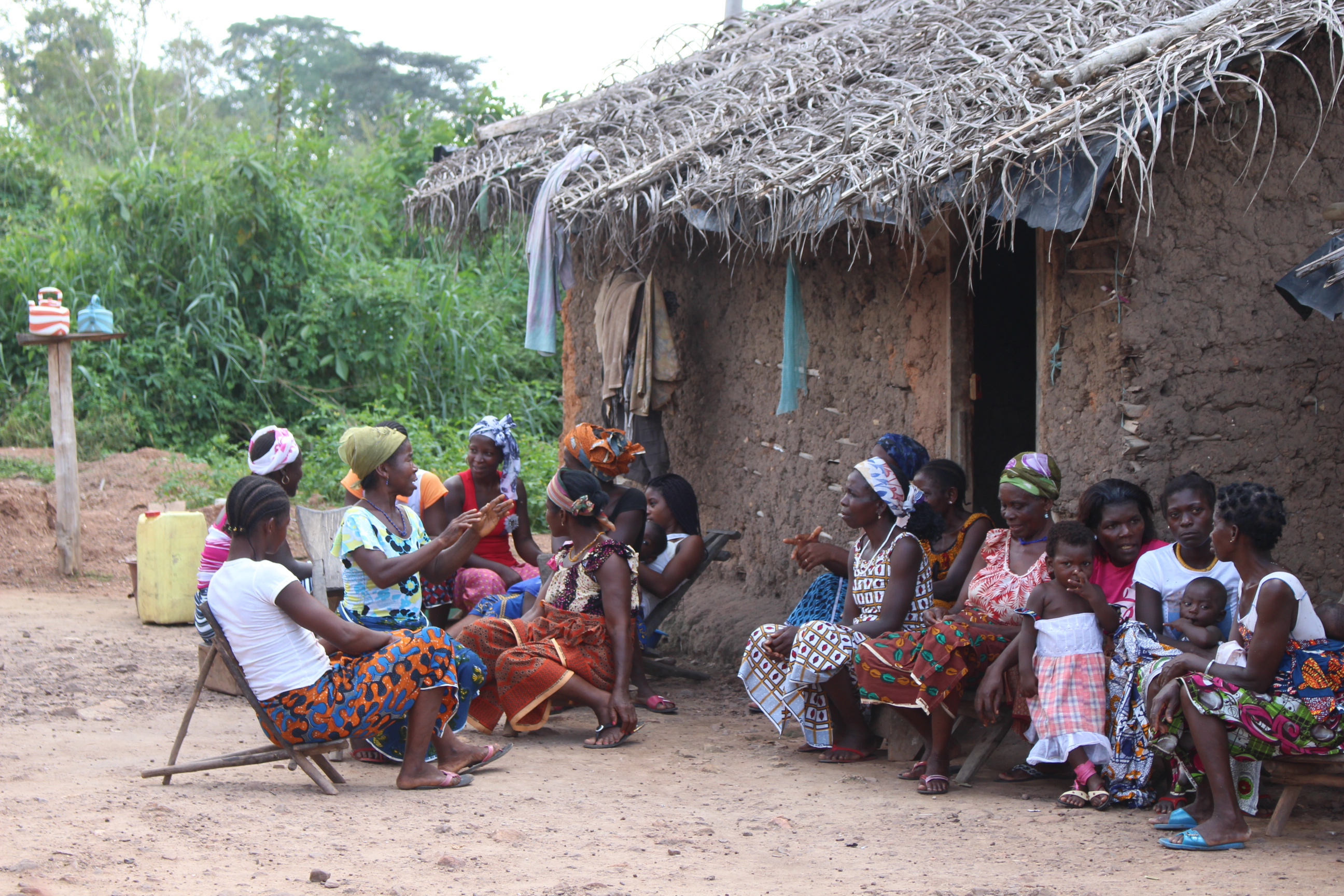In the lead up to Fairtrade Fortnight, the Co-operative Group has announced that from May 2017, 100% of the cocoa it buys for its own brand products will be Fairtrade – a first for UK retailers.
The Group sold the UK’s first Fairtrade-labelled chocolate bar in 1994 and switched its entire own-brand chocolate bar range to Fairtrade in 2002. The new commitment means that over 200 Co-op products will use Fairtrade cocoa, from the chocolate chips in its cookies to the cocoa used in cooking sauces and as a flavouring in its battered frozen fish.
The move will mean a five-fold rise in the amount of Fairtrade cocoa sourced by the retailer each year, from 526 tonnes to 2,848 tonnes – equivalent in volume to over 50 double decker buses. According to the Group, this will generate an additional £400,000 for cocoa farming communities.

A ‘retail-ready’ Sourcing program
The project has been in the pipeline for nearly five years. “At our 2016 AGM, members raised questions about what we were doing around Fairtrade. We’ve seemed quiet – but in fact we’ve been busy behind the scenes to make this a reality,” says Brad Hill, the Co-op Group’s Fairtrade strategy manager.
“Having pioneered the UK’s first-ever own-brand Fairtrade chocolate bar 15 years ago we felt it was the right time to turn our attentions to extend our commitment to cocoa.
“However, we had to find the right model which would help source larger-than-ever-before volumes, which is why we’ve been working hard with the Fairtrade Foundation to produce a successful ‘retail ready’ version of the Fairtrade Cocoa Sourcing Program.”
The new program takes into account the complexity of dealing with a large number of manufacturing sites, supplier bases and product ranges, all needing different amounts of cocoa.
“It’s a model that any retailer can now use and we hope that they will follow suit,” adds Mr Hill.
Related: How is Fairtrade tackling the problem of worker exploitation?
“The UK is the world’s biggest Fairtrade market and the world’s fourth biggest consumer of chocolate, but our manufacturers and retailers still only source a tiny amount under Fairtrade terms.
“When we consider that demand for cocoa is set to rise by over 30% over the next three years alone, yet prices are dangerously low, it’s imperative that we keep moving forward with sustainability initiatives in order to shape this industry.”
Last year saw a continued fall in cocoa prices, which reached their lowest levels for three and a half years (£2,287 per tonne) – perilously close to the Fairtrade minimum price of $2000 per tonne, which the organisation sets as a safety net.

“The Co-op was founded on a set of values which are strongly reflected in the Fairtrade approach and we’re passionate about ensuring people and communities are treated fairly across all of our supply chains,” says Mr Hill.
“There are a lot of different certification schemes out there, but when we speak with farmers and producers, they tell as that Fairtrade is the one that works best. Who are we to disagree?”
A long-term challenge

In a report to accompany the announcement – Cocoa for Change – the Group highlights that although its commitment is significant, there is still a big challenge ahead.
“Currently, the world’s cocoa production is on average four million metric tonnes per annum and only 2.5% of this is sold on Fairtrade terms,” says the report, adding that because of this, “only a fraction of the estimated 5.5 million farmers who depend on cocoa for their livelihoods are experiencing the fairer deal Fairtrade can bring”.
“Chocolate is often seen as an indulgence in the West, but for the millions of small scale farmers who grow cocoa, [Fairtrade] can mean the difference between poverty and prosperity,” said Michael Gidney, CEO of the Fairtrade Foundation.
Britain is the world’s third-biggest consumer of chocolate (per capita) – but Fairtrade confectionery still only represents 9.8% of the UK market.
In response to this, in addition to being the only UK retailer to offer 100% own brand Fairtrade chocolate bars, the Co-op Group has extended that commitment to its entire confectionery range; so, for example, tea and coffee flavourings in chocolate assortments will now also be Fairtrade-sourced.
Fairtrade for women
The positive impact of Fairtrade on women’s rights and participation is one aspect of the scheme that the Group is particularly keen to encourage. “Although women make up almost half the agricultural workforce in developing countries, they account for just over one fifth of the producer organisations that are certified by fairtrade,” says the report. “What’s more, legal, social and cultural norms often act as barriers to women’s participation.”
As part of its commitment to Fairtrade, the investment from Co-op Group will be directly supporting the funding of Fairtrade Africa’s Women’s Leadership School project. The School will work with women from farmer groups in Cote D’Ivoire, with the aim of empowering them as future leaders through training in business skills.

“The statistics show that when women are empowered to make decisions, life improves, and not just for the women, but for their families and communities,” says Dr Tsitsi Choruma, COO of Fairtrade Africa. She adds that these positive changes range from improved nutrition and education access to financial security and economic participation – and make a real, tangible difference.
“The saying that ‘if you educate a woman you educate the world’ is not just proverbial speak, it is quite literal in its outcome.”

